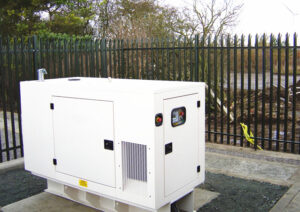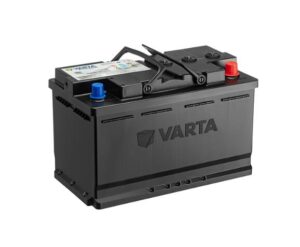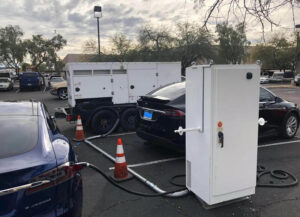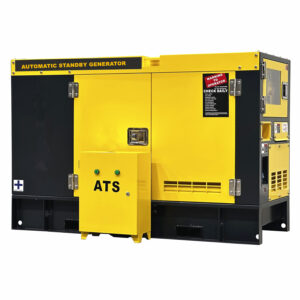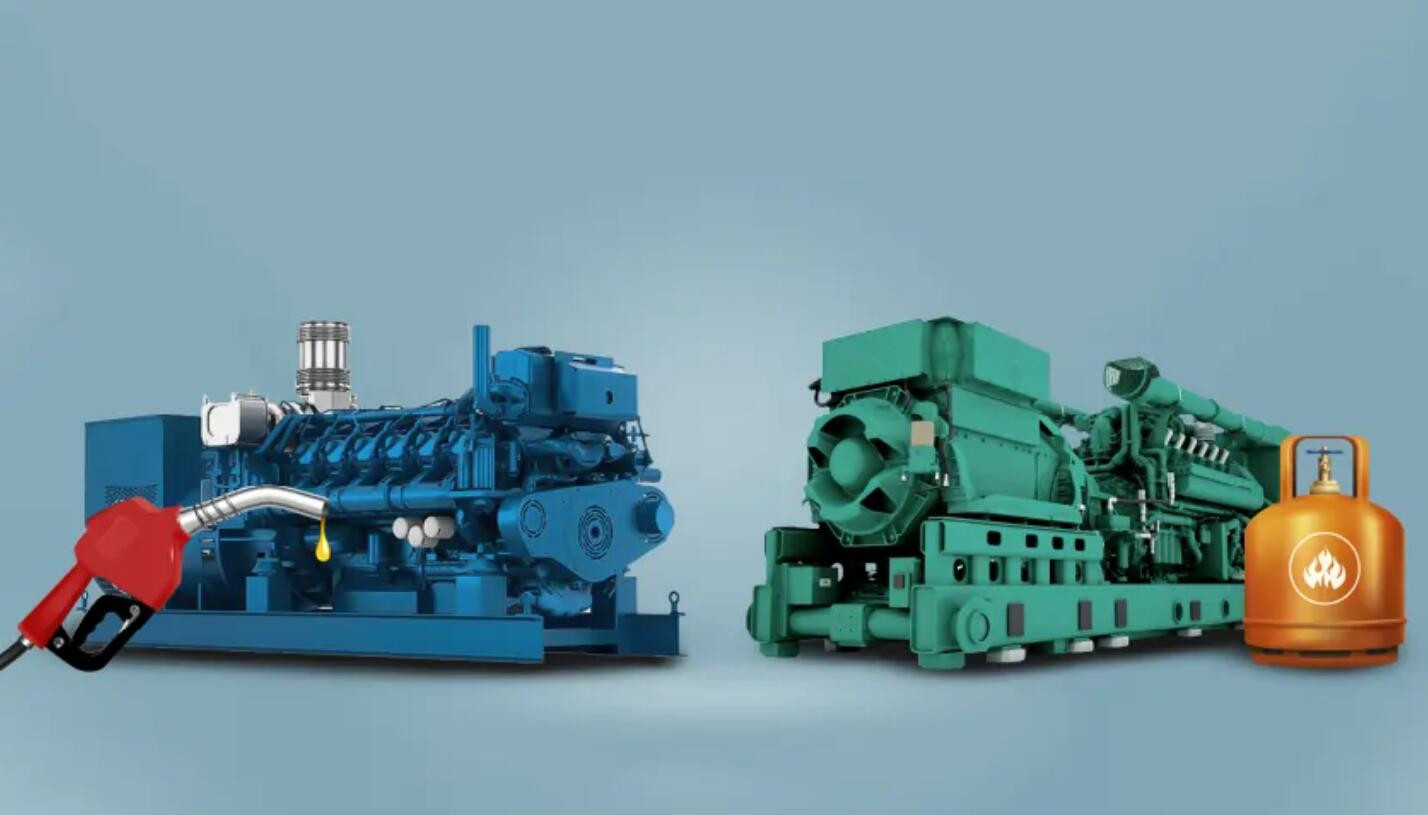
Diesel and gas generators are common in industries, but which one is safer? Let's explore the key differences between them to understand which might be the better choice for your needs.
The safety of diesel and gas generators depends on various factors, including fuel type, emissions, and overall maintenance. Diesel generators tend to have a safer reputation, but there are important considerations on both sides.
As a technical expert in the field of diesel generators, I’ve had years of experience dealing with both types of engines. In this article, I’ll break down the main safety concerns with each and help you determine which one might be safer for your application.
What makes diesel generators safer than gas generators?
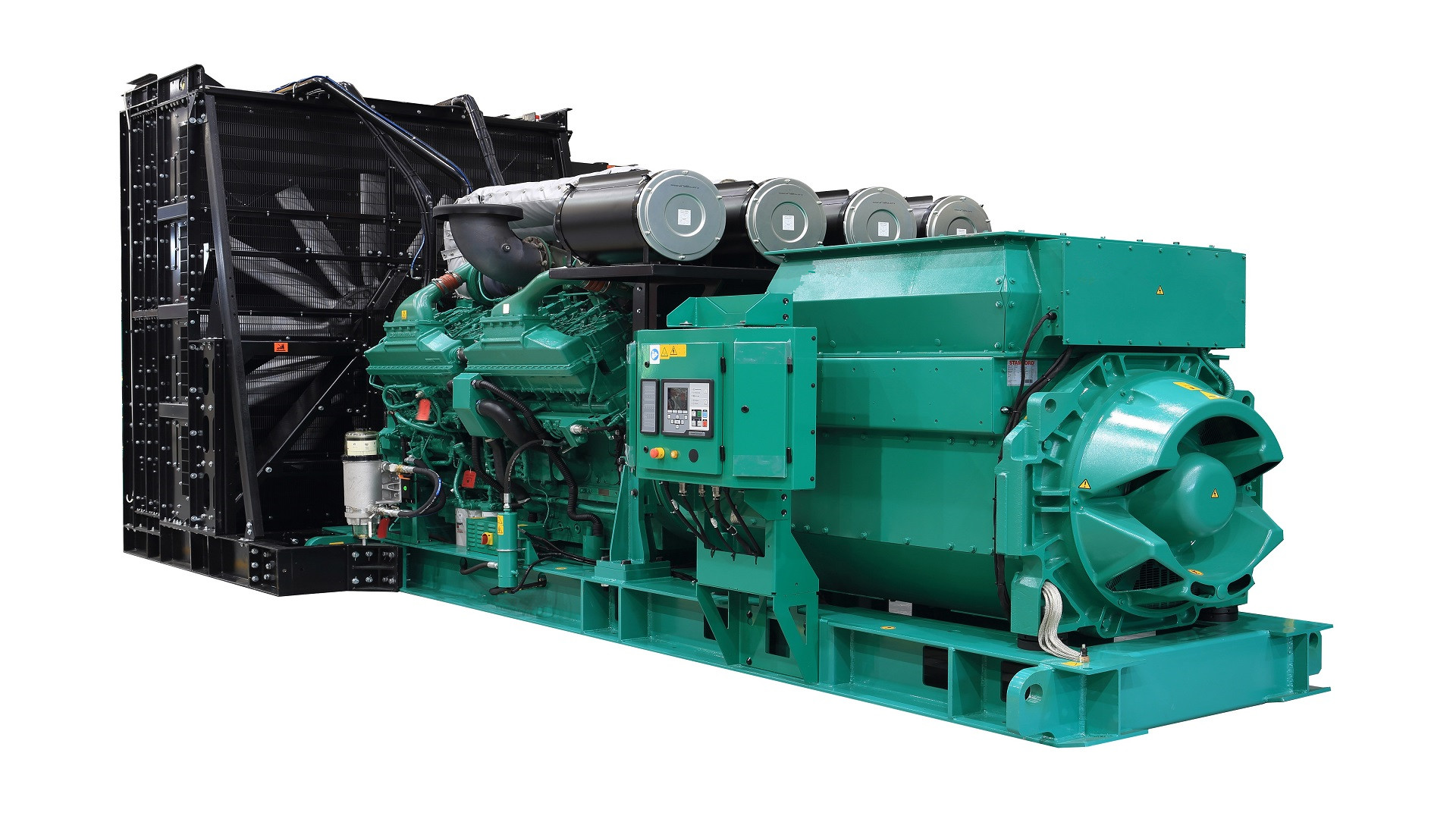
Diesel generators are often seen as safer than their gas counterparts for several reasons. First, the fuel they use is less volatile, which reduces the risk of fires and explosions. Additionally, diesel engines are built to handle high-pressure conditions, which further contributes to their durability and overall safety.
The fuel used in diesel generators is less flammable than gasoline. This makes diesel generators less prone to sudden combustion. They also have lower emissions of harmful gases.
Durability and Reliability
Diesel generators are known for their robust design. They are built to withstand rough conditions, which makes them reliable over the long term. Diesel engines are designed with high compression ratios, making them more resistant to failure under heavy loads. In comparison, gas generators tend to wear out faster when under load due to the lower compression ratio.
This durability means diesel generators can keep running safely for a longer time without needing as much maintenance. For industries that rely on 24/7 power, this makes diesel a safer choice for ensuring continuous and reliable power.
Fire Safety
One of the most significant advantages of diesel generators over gas generators is the reduced risk of fire. Gasoline is highly volatile, and the risk of accidental ignition is much higher. Diesel fuel, on the other hand, has a higher flash point and is much less likely to catch fire in regular conditions.
However, this doesn't mean diesel generators are completely fireproof. There is still the possibility of fire due to fuel leaks, faulty wiring, or poor maintenance. But overall, diesel has a much lower risk of causing a fire than gas generators.
Emissions and Health Concerns
While diesel engines are generally safer from a fire and explosion standpoint, they do produce more particulate matter and nitrogen oxides (NOx) than gas engines. Over time, exposure to these pollutants can cause health issues, such as respiratory problems. Gas generators, on the other hand, emit fewer harmful gases, making them safer in terms of air quality.
In places where air quality regulations are strict, gas generators may be a safer choice due to their cleaner emissions.
How does the fuel type affect safety?

The fuel type plays a critical role in the overall safety of a generator. Diesel fuel, while less flammable than gasoline, is still prone to spills and leaks. It’s crucial to store and handle diesel fuel properly to prevent accidents.
The key safety concern with diesel fuel is spillage. Diesel fuel is heavier than gasoline, so it can be harder to clean up. The longer it remains on surfaces, the higher the chance of a fire hazard.
Diesel Fuel Storage
Proper storage of diesel fuel is essential. Diesel fuel must be stored in tanks that are designed to prevent spills and leaks. If not stored correctly, the risk of contamination, corrosion, and even fuel fires increases. Diesel fuel should always be kept away from open flames, hot surfaces, and potential sources of sparks.
Gasoline Fuel Storage
Gasoline, being highly flammable, requires even more strict handling and storage procedures. Gasoline should always be stored in properly sealed containers and away from any heat sources. If gasoline leaks, the risk of ignition is significantly higher compared to diesel.
Though gasoline is more dangerous in terms of volatility, it is also easier to clean up if a spill occurs, as it evaporates more quickly than diesel. However, this still poses a risk if not handled carefully.
What about maintenance safety?
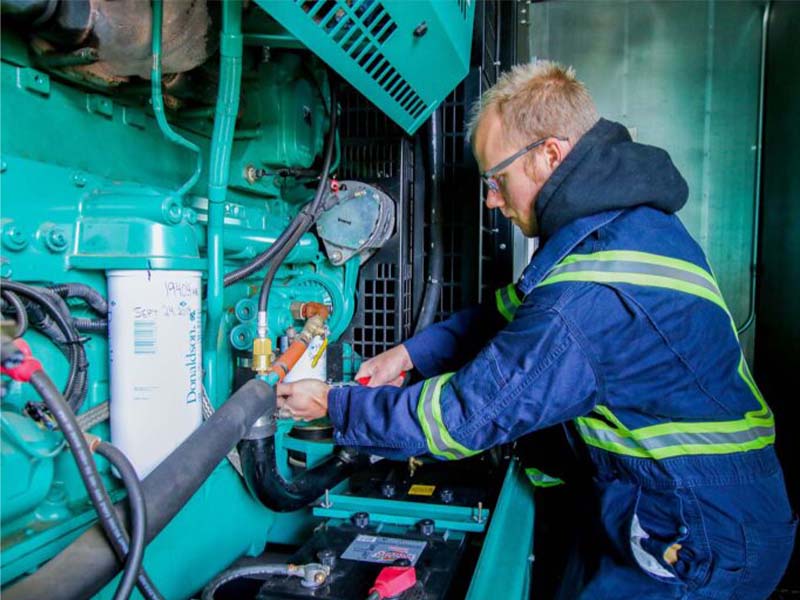
Maintenance is an often overlooked factor in the safety of both diesel and gas generators. Proper maintenance ensures the safe operation of the machine and prevents accidents. Neglecting maintenance, whether for diesel or gas generators, can increase the risk of failure.
Maintenance safety for diesel generators generally requires more attention to fuel systems, as any leaks could lead to hazardous situations. Gas generators, although simpler, can still have serious issues if not maintained.
Diesel Generator Maintenance
Diesel engines require regular oil changes, fuel filter replacements, and air filter checks to keep them running smoothly. Ensuring the fuel system is free from leaks is critical for fire safety.
Because diesel engines run at high pressures, any faulty components can lead to dangerous situations, such as fuel leaks or engine failure. However, because diesel engines are typically larger and more robust, they are less likely to experience catastrophic failures compared to gas engines, especially under heavy use.
Gas Generator Maintenance
Gas engines are generally easier to maintain, as they have fewer moving parts. However, this doesn’t mean they are free from safety risks. Gas engines can develop issues such as gas leaks, which can lead to fires or explosions. Regular inspection of the gas lines, seals, and connections is essential to avoid such hazards.
Safety During Repairs
Whether you're working with a diesel or gas generator, repairs and servicing should only be carried out by qualified technicians. Diesel engines tend to have more complex systems that require specific knowledge, so proper training is important to avoid accidents.
Conclusion
Both diesel and gas generators have their unique safety features. Diesel generators are safer in terms of fire risk and long-term durability, but they do have higher emissions. Gas generators, while cleaner in terms of air quality, come with greater risks of fire and fuel-related accidents.
Choosing the right generator depends on your specific safety needs, maintenance capabilities, and the type of environment in which the generator will be used.
Buying And Technical Contact
You can contact us in many ways:
You can go to our website (URL: https://waltpower.com/contact/) and drop us a message.
You can email us: sales@waltpower.com
Our Contact is: +8618717996108 (WhatsApp)




